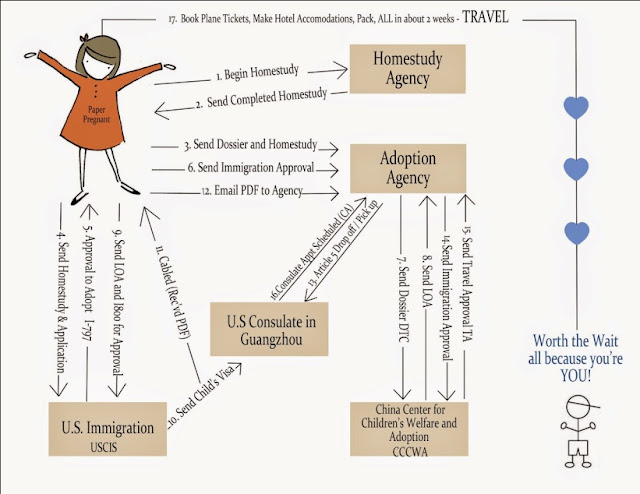12-29-09 Morning Report
Only 2 eposides of apnea and 1 of bradycardia
Bilirubin: 6.1 down from 8, discontinuing phototherapy.
Doing good with 9cc's every 3hrs. BUT today she is going on a sliding scale. That means she can take as much as she wants! BOTTLE FEEDING!!!! Her number to hit is 33 so if she takes 20 oz of milk then the IV will deliver 13... If she takes 33 oz then the IV won't deliver anything. And If she keeps that up for the day then she doesn't need the IV!
Going into Isolette today. A big step.
When a baby is relatively stable but still premature or requiring intravenous fluids or other special attention, he or she is cared for in an "incubator." The incubator keeps the baby warm with moistened air in a clean environment, and helps to protect the baby from noise, drafts, infection, and excess handling. Incubators were invented in France in the late 1800's and the earliest incubators were, in fact, modeled after poultry incubators -- hence their name. Incubators are sometimes called "isolettes," but "Isolette" is actually a brand name for a particular company's incubator product. You'll see many varieties of incubators in NICUs but whether they are flashy or plain, colorful or austere, they all do basically the same job.
This is what she has been in since her arrival to the NICU.
| Radiant warmers are used when a baby is very unstable or extremely premature. Small babies have a large surface area compared to their volume, and little body fat, and cannot maintain their own temperature. The overhead arm contains electric heating elements that are directed down toward the infant. A thermostat is hooked up to a sensor on the baby's abdomen and adjusts the power of the warmer up and down dynamically so that it delivers whatever heat is necessary to keep the baby at the perfect temperature. The shelves attached to the warmer allow monitors and other equipment to be placed conveniently near to the baby, the glass side walls prevent the baby from being chilled by drafts, and the open nature of the radiant warmer allows physicians and nurses to have easy access to the baby from all sides during the most critical periods. |
The NP hopes she can keep her IV in for a total of 3 days (if needed) (so that means today and tomorrow) she said when this one comes out they won't do another one.
Cecelia had her two year check up today so I was able to talk with Dr. App who will also be Eloise's pediatrician. He went up to see Eloise yesterday morning and has already been given her full records. She will be closely monitored when she comes home most likely weekly appointments for a while to keep tabs on her weight. We also talked about how susceptible she is going to be for illness. With her being a preemie and having some breathing difficulty she is susceptible to RSV.
Respiratory syncytial virus (RSV), which causes infection of the lungs and breathing passages, is a major cause of respiratory illness in young children. In adults, it may only produce symptoms of a common cold, such as a stuffy or runny nose, sore throat, mild headache, cough, fever, and a general feeling of being ill. But in premature babies and kids with diseases that affect the lungs, heart, or immune system, RSV infections can lead to other more serious illnesses. RSV is highly contagious and can be spread through droplets containing the virus when someone coughs or sneezes. It also can live on surfaces (such as countertops or doorknobs) and on hands and clothing, so can be easily spread when a person touches something contaminated. RSV can spread rapidly through schools and childcare centers. Babies often get it when older kids carry the virus home from school and pass it to them. Almost all kids are infected with RSV at least once by the time they're 2 years old. RSV infections often occur in epidemics that last from late fall through early spring. Respiratory illness caused by RSV — such asbronchiolitis or pneumonia — usually lasts about a week, but some cases may last several weeks.
We are going to have to be very cautious with Eloise when she comes home and throughout the spring. I have a feeling that I am going to become very familiar with my house and will need to cut back on all the running around Cecelia and I normally do. Dr. App did say that there is a vaccine out for RSV that is only given to preemies, children with respiratory and cardiac problems but the vaccine cost $1000 and not all insurance companies will pay for it. He told me to talk with the staff in the NICU about it and they can usually write a letter to the insurance company stating why Eloise needs the vaccine.
I will be heading up to see Eloise this afternoon and hopefully will see her in her new bed. I am also excited to be able to feed her from a bottle and hear how she is doing with her feedings. The more she takes the quicker we can get that IV out and the closer she is to coming home:)



Comments